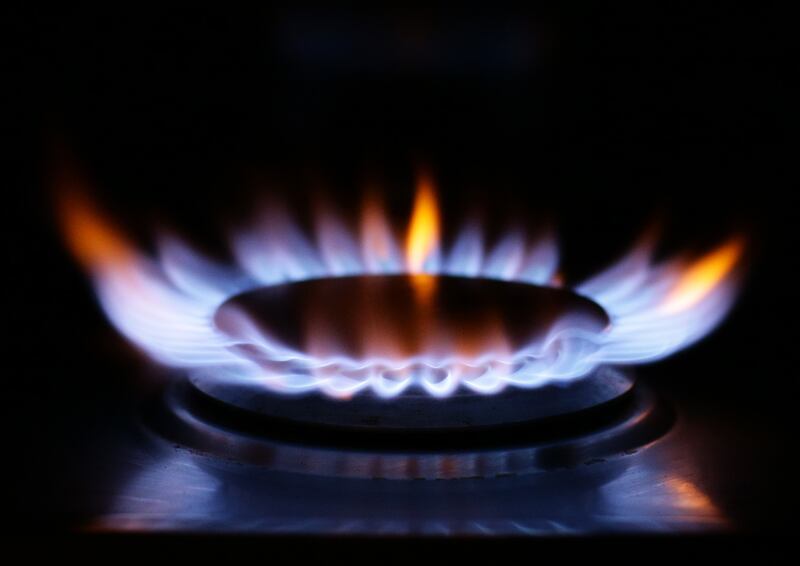British households face spending almost a tenth of their income on energy, with fuel prices at record levels, a report has found.
Pensioners with bigger and older houses than younger people will be particularly hard hit as they try to stay warm in “leaky” homes that are not energy efficient, according to the Resolution Foundation. Over-75s are expected to spend 8 per cent of their total household income on bills.
But younger people also face an extremely challenging future with far less emergency savings or assets to deal with rising costs. Those younger generations, who have seen years of stalled pay growth and high housing costs, will struggle the most as they are four times more likely to be on pre-payment meters.
Those of pension age now dedicated the largest share of their income to energy bills, with a 60 per cent hike on what they pay for energy rising to more than eight per cent of their disposable income.
Many of the older generation had accumulated large houses that had been regarded as comfortable and prestigious yet now was potentially a significant handicap.
“This crisis has turned things on their head – former fortunes have become additional financial liabilities.” the think tank said.
“What was previously seen as an advantage – living in large and detached housing, which delivered more usable floor space and privacy from neighbours – has now left these same residents more exposed to rising energy bills. As older people tend to live in larger and less energy efficient homes, the heating component of their annual energy demand is higher.”
The report, titled An Intergenerational Audit for the UK, found that a third of pensioners’ homes were in a low energy efficient category.

Older people were also less likely to live in new homes, whereas all houses built since 2012 have the high energy rating of a ‘C’, on a scale of A to G, while only 12 per cent of homes built before 1900 achieve that rating.
Bigger homes also meant that on average, over 65s had 1.6 spare bedrooms, each costing £140 a year to heat, although these could be shut off to offset costs.
But having greater savings would mean that they could more easily manage higher energy prices as well as not having to finance fuel through more expensive pre-payment meters, used by a fifth of households aged under 29.
Furthermore, younger people had a significantly smaller savings buffer with two-thirds of households having reserves of less than one month’s income to spare.
“Young people have very low levels of financial resilience,” the report said.
Under the government’s Energy Price Guarantee, homes get £400 energy rebate until April next year but are still facing average costs of £2,500 that is 83 per cent higher than before Russia invaded Ukraine.
Britain had gone straight out of the Covid-19 crisis into a new phase of economic turmoil that was “already having devastating consequences” for people of all ages.
While it will be “particularly acute” over winter, the economic pain will mean people “face a deep and extended squeeze” on their incomes.
The ensuing “painful recession” would see rapid changes that would affect people across the generations, the report said.







